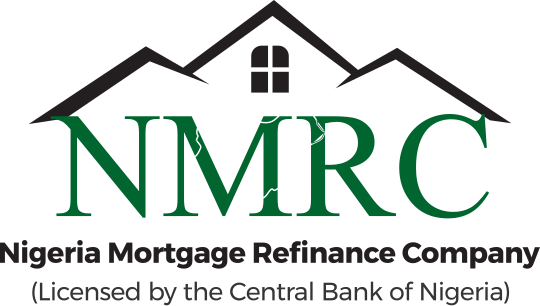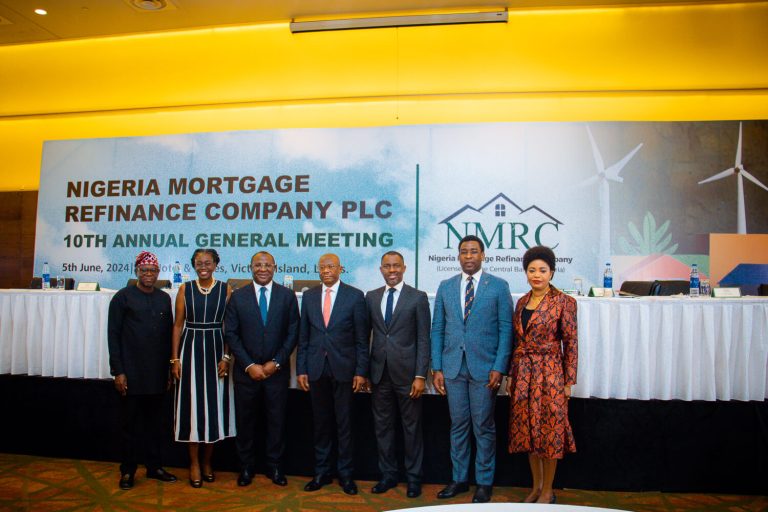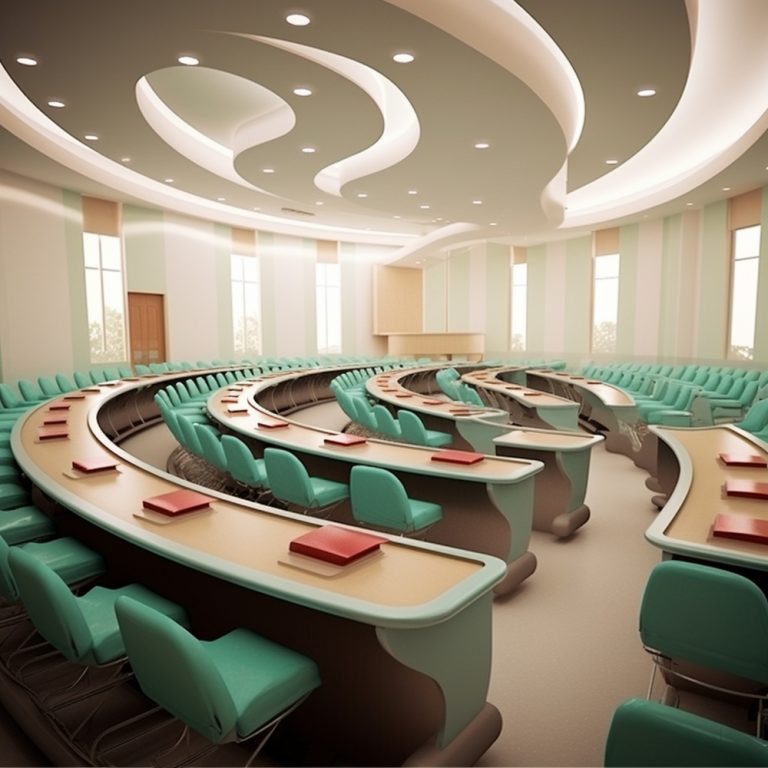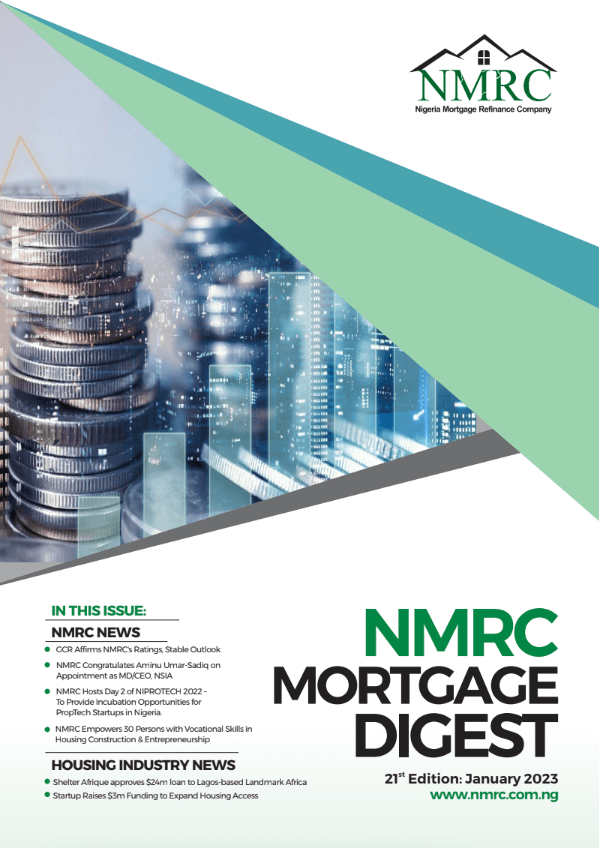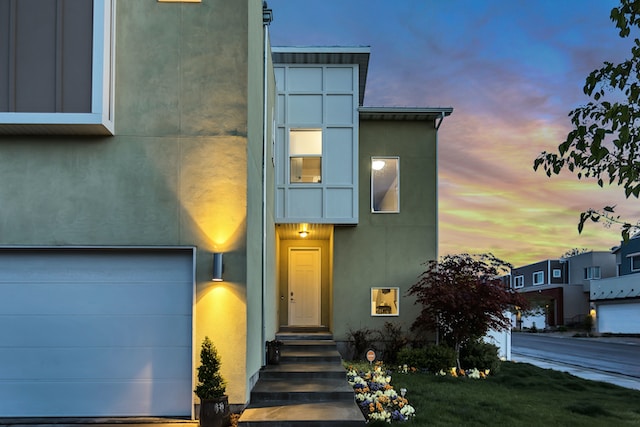Note: Construction, Real estate and GDP Growth rates were derived courtesy of National Bureau of Statistics published data as part of its reports covering the period of Q1 2016 – Q3 2020.Real estate sector contracted by -13.40% in Q3 2020: The economy of Nigeria shrank -3.6% in the third quarter of 2020, following a -6.1% plunge in Q2 2020 while Real Estate growth recorded in Q3 2020 stood at -13.40%, higher relative to Q2 2020 by 8.59% points. While construction recorded a growth of 2.84% from -31.77% recorded in Q2 2020.
Cement Price Volatility: Hopes of lower construction costs by prospective homeowners may have been dashed, going by fresh increase in price of cement and related products. The increase has already triggered ripple effect in the open market, where prices have gone up by as much as 60% in recent weeks. The rising prices have also worsened construction costs in a sector, reeling under pressure from disruptive policies and ineffective housing supply. Distributors hinted that there was increase of ex-factory prices due to economic realities, which prompted many dealers to change prices. For instance, Dangote Cement increased its ex-factory price to N3,050 due to logistics and production cost.
FGN Targets 1.8m Jobs Through Construction of 300,000 Homes: As part of efforts to create over a million jobs and ensure Nigerians benefit from the 300,000 housing units in line with the National Economic Sustainability Plan (ESP), the Federal Government has concluded a plan to provide mortgage guarantees to low-income earners.
Note: NMRC Refinance Rate and Mortgage Interest Rate were derived courtesy of NMRC Analytics (in-house data and mortgage bank surveys) while other indices like MPR (Monetary Policy Rate), Inflation Rate and 10 & 20 Year FGN Bond were derived from the Central Bank of Nigeria, Debt Management Office and National Bureau of Statistics published data as basis for our comparative rates chart covering the period of January 2017 – December 2020.Risks to Nigerian Banks’ Asset Quality Loom in 2021: Nigerian bank asset quality is expected to weaken over the next 12-18 months, Fitch Ratings says in a new report, What Investors Want to Know: Nigerian Banks. Fitch however noted that Debt relief measures have prevented a material rise in impaired loans in 2020.Nigeria’s GDP Growth Expected at 1% in 2021: The Lagos Chamber of Commerce and Industry (LCCI) has projected that the Nigerian economy will grow by 1% in 2021. The projection was contained in the LCCI’s, “Economic and Business Review for Year 2020 and Outlook for Year 2021.Nigeria’s Sovereign Risk Heightens: Recent Insecurity challenges has witnessed Nigeria sinking deeper into a state of anomie with increased rates of Kidnaps, abductions and terrorist activities impacting the nation’s food supply and ease of doing business with ongoing agitations for policy amendments with regards to resource control in the Northern and Southern parts of the country.CBN’s Introduction of Special Bills: the CBN through a circular to all banks introduced its “CBN Special Bills” to the financial system. Key features of the bill include a tenor of 90 days, zero coupons and a yield to be determined by the CBN at issuance. The Apex bank looks to securitize the excess Cash Reserve Requirement balances of local banks by offering them short-dated zero-coupon special bills instead of releasing cash balances. The special bills will however be tradable, between banks, retail and institutional investors.in view of its inaugural rate of 0.5%, market analysts are of the view that the special bill is CBN’s response at curtailing the emergence of a negative interest rate regime.CBN Foresees Sustained Growth in Private Sector Credit: The Central Bank of Nigeria’s Credit Conditions Survey Report for fourth quarter (Q4) 2020 has stated that the availability of credit to the corporate sector increased in Q4 2020 and was also expected to rise in the first quarter (Q1) of 2021.CBN Targeting $2bn Diaspora Remittances Monthly: The Central Bank of Nigeria, has said its target is for the country to attract about $2bn monthly as remittances from citizens in diaspora. The CBN’s position is coming after the apex bank introduced its new Diaspora Foreign Exchange Remittances Policy aimed at liberalising, simplifying, and improving the receipt and administration of diaspora remittances into Nigeria. It was also stated that the clarifications and amendments are aimed at stabilising and deepening the foreign exchange market by allowing remittances to be paid in FX.
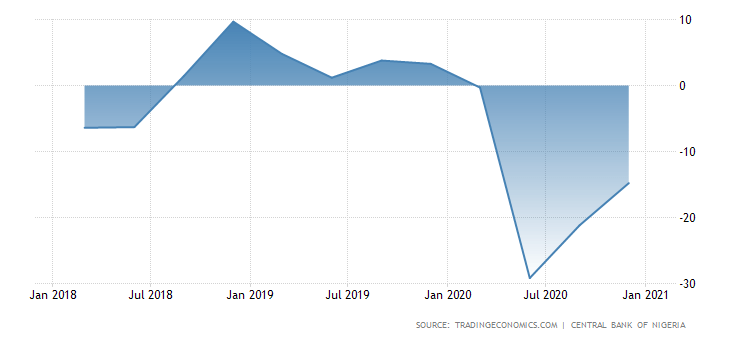
According to the Central Bank of Nigeria, Consumer Confidence increased to
-14.80 points in the Fourth quarter of 2020 from
-21.20 points in the Third quarter of 2020. the Consumer Expectations Survey is based on a sample of 1800 households. Consumer confidence measures consumers’ tendencies and expectations for general economic conditions, job opportunities, and personal financial standing, as a determinant for disposable income availability and offtake for real estate and other services (market development). The overall consumer confidence index is computed as an average of three measures: the outlook on macroeconomic conditions, family financial situation and family income. The CES is computed as the percentage share of respondents that answered positively less the percentage share of respondents that answered negatively regarding the given indicator.
NMRC & MBAN: NMRC joined other stakeholders and operators in the Mortgage subsector to appeal for regulatory-induced fiscal and monetary measures that would stimulate the sub-sector towards sustainable development. NMRC and other stakeholders under the aegis of the Mortgage Banking Association of Nigeria, made the call in a seven-page communiqué after 2020 end of years Chief Executive Officers retreat in Lagos. The association plans to engage the CBN on specific modalities required to facilitate policy implementation, monitoring and impact assessment. Stakeholders also implored the CBN to fast-track implementation of the Mortgage Interest Draw-Back Programme (MIDP), together with other policy measures that would moderate the cost of funds to single digit, on a consistent and sustainable basis.
Abbey Mortgage Bank Right Issue: Abbey Mortgage Bank in December 2020 hit a historic milestone in the lifecycle of Abbey with a Rights Issue of N3.69Bn. The rights issue is part of the recapitalization plan being undertaken as part of the long-term strategic plan to strengthen the position of Abbey, which will put the Company in a good position to harness the opportunities in the Mortgage subsector as economic activities continue to improve with the heightened need of housing finance products and services in the country.
EU provides Housing in Northern Nigeria: The European Union (EU) and Mercy Corps have handed over 325 permanent shelters to Internally Displaced Person (IDP) households in the Gwoza Council Area of Borno State. The provision of shelters is part of Borno ‘Maida’ Early Recovery (BMER) programme that targets victims of Boko Haram insurgency.
 According to the Central Bank of Nigeria, Consumer Confidence increased to -14.80 points in the Fourth quarter of 2020 from -21.20 points in the Third quarter of 2020. the Consumer Expectations Survey is based on a sample of 1800 households. Consumer confidence measures consumers’ tendencies and expectations for general economic conditions, job opportunities, and personal financial standing, as a determinant for disposable income availability and offtake for real estate and other services (market development). The overall consumer confidence index is computed as an average of three measures: the outlook on macroeconomic conditions, family financial situation and family income. The CES is computed as the percentage share of respondents that answered positively less the percentage share of respondents that answered negatively regarding the given indicator.
According to the Central Bank of Nigeria, Consumer Confidence increased to -14.80 points in the Fourth quarter of 2020 from -21.20 points in the Third quarter of 2020. the Consumer Expectations Survey is based on a sample of 1800 households. Consumer confidence measures consumers’ tendencies and expectations for general economic conditions, job opportunities, and personal financial standing, as a determinant for disposable income availability and offtake for real estate and other services (market development). The overall consumer confidence index is computed as an average of three measures: the outlook on macroeconomic conditions, family financial situation and family income. The CES is computed as the percentage share of respondents that answered positively less the percentage share of respondents that answered negatively regarding the given indicator.
